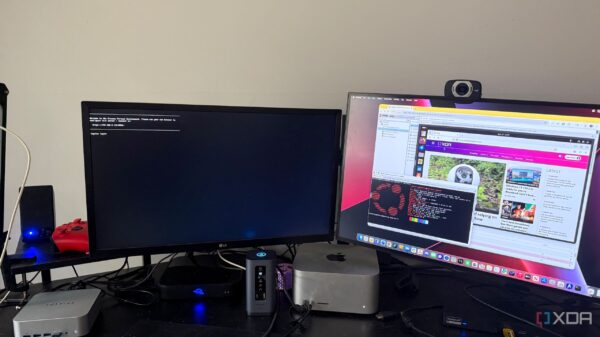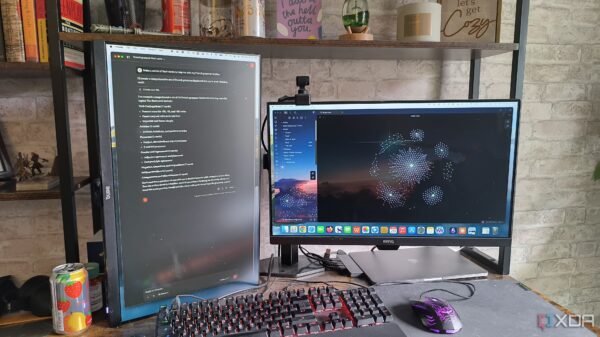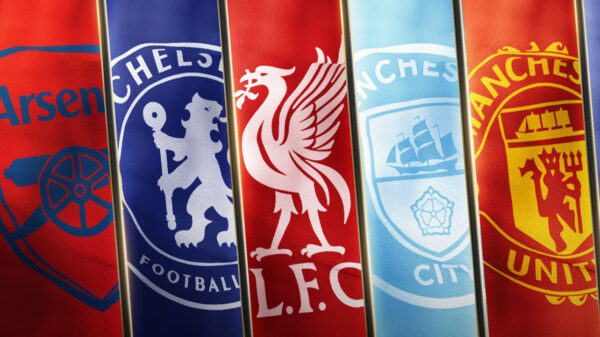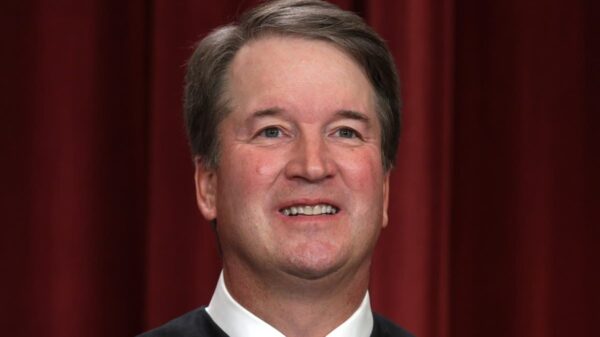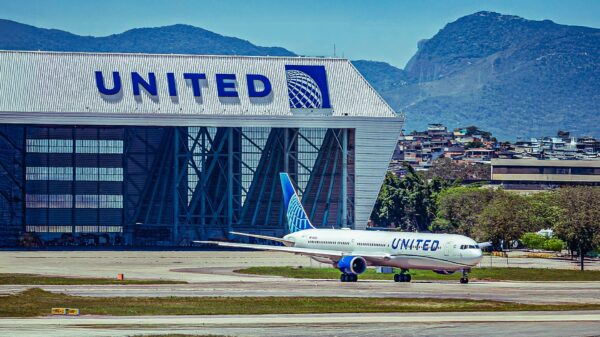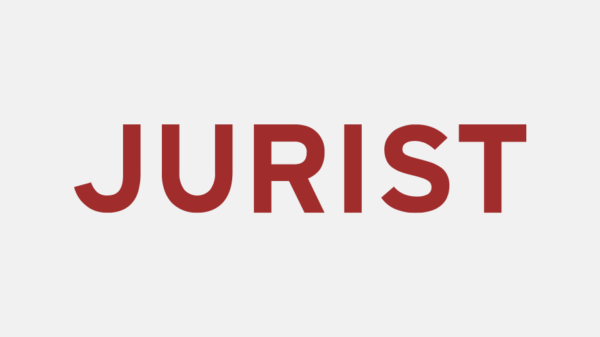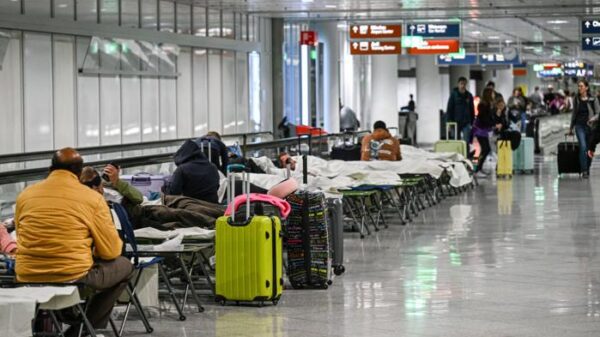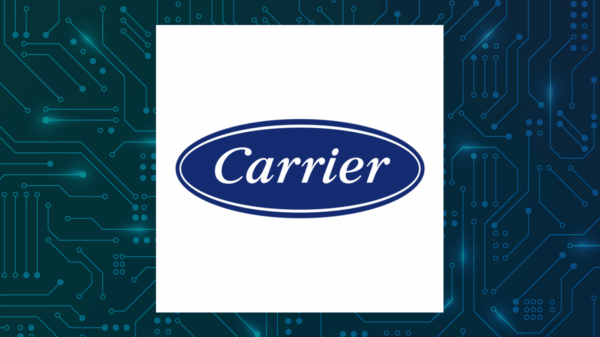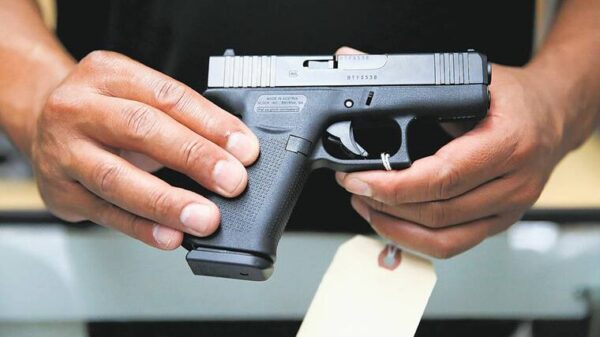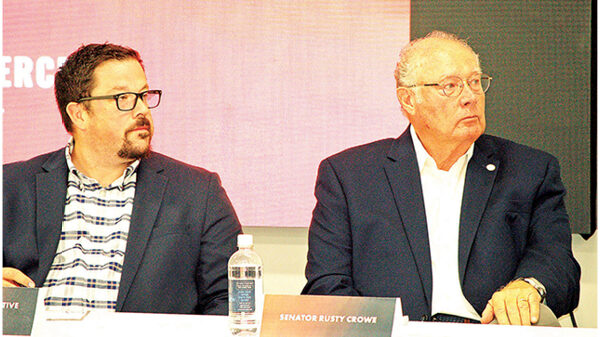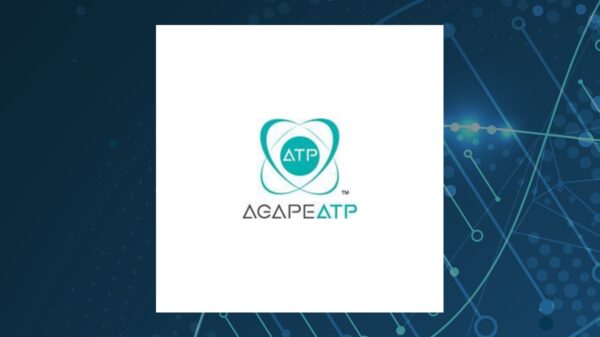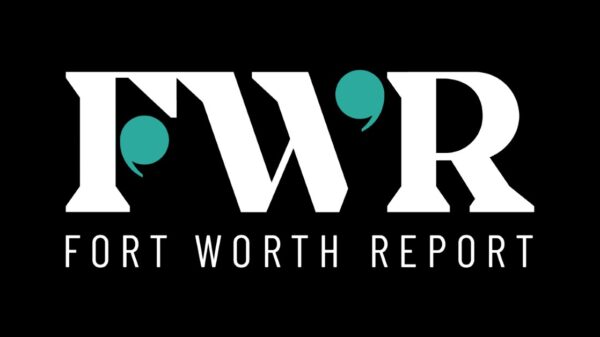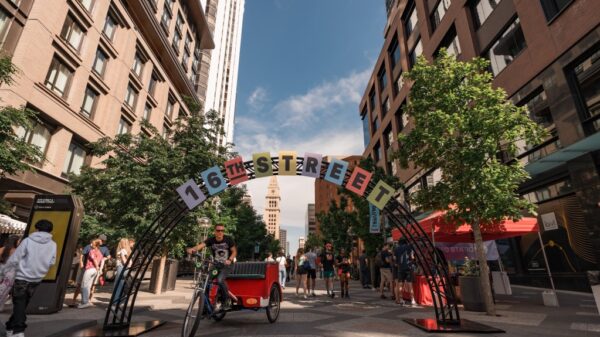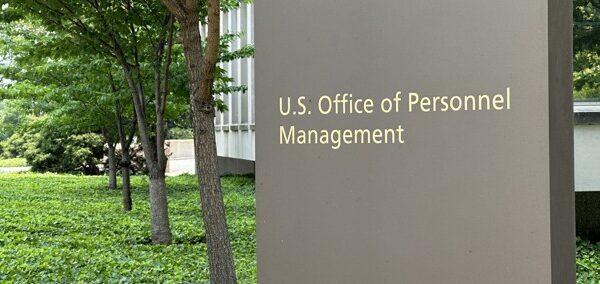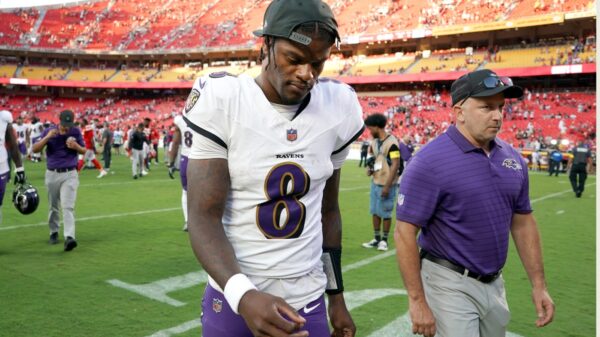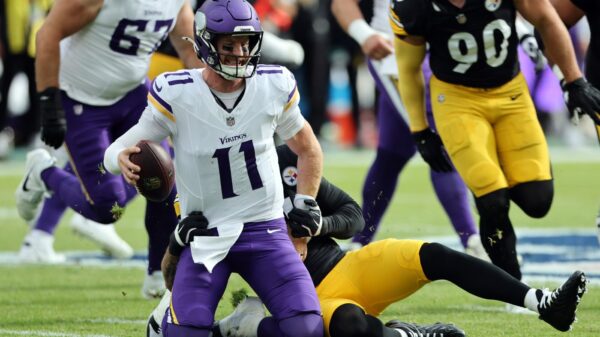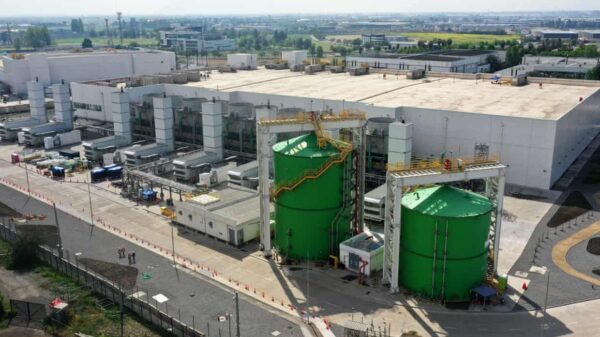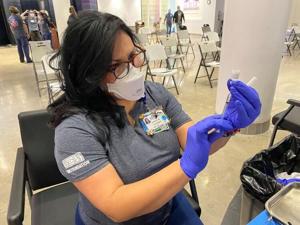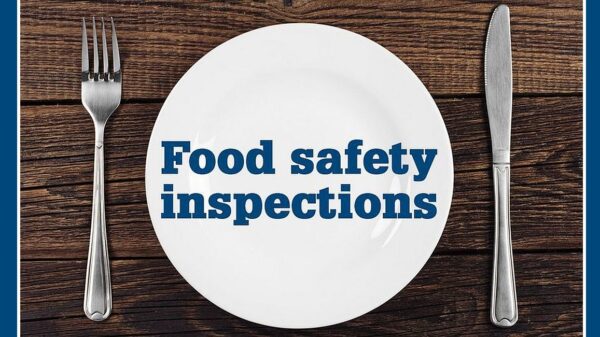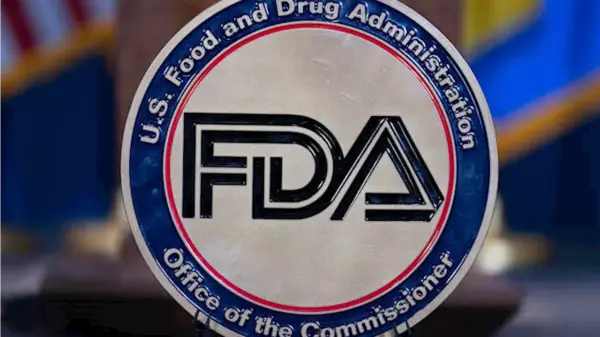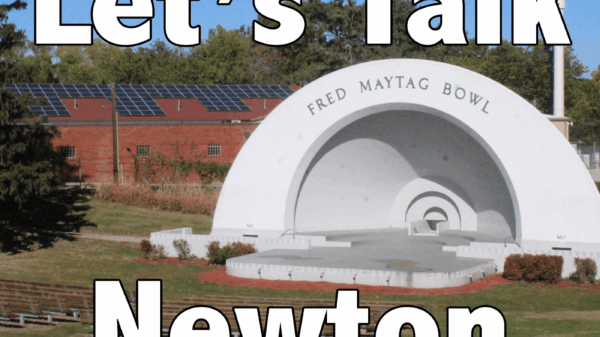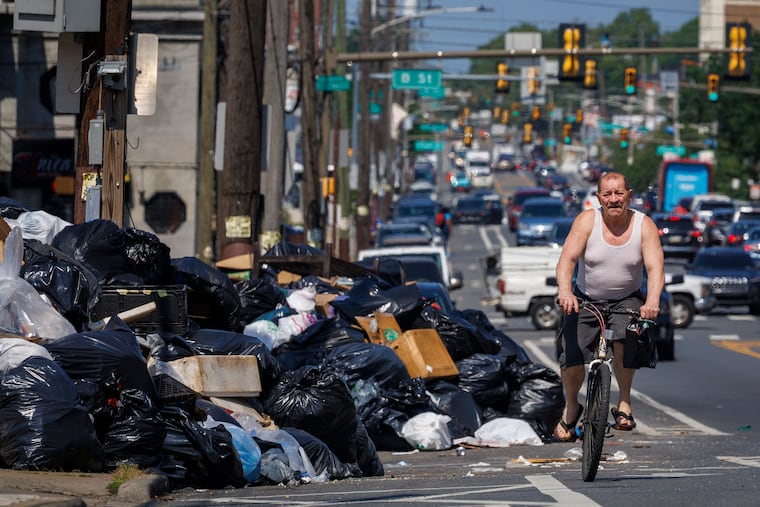Philadelphia’s first major city worker strike since 1986 has come to a conclusion after eight days and four hours of negotiations. At approximately 4 a.m. on Wednesday, Mayor Cherelle L. Parker and Greg Boulware, president of the American Federation of State, County and Municipal Employees (AFSCME) District Council 33, reached an agreement on a new three-year contract.
The resolution means that the union’s approximately 9,000 members, including trash collectors, street pavers, 911 dispatchers, and other essential city workers, will return to their duties immediately. “I have good news tonight for the hardworking men and women of AFSCME District Council 33, and for every taxpaying business and resident in Philadelphia,” Parker stated.
Details of the Agreement
The newly agreed contract stipulates a 3% raise each year over the three-year period, aligning closely with Mayor Parker’s consistent negotiation stance. This figure falls short of the 5% annual increases initially sought by Boulware. Additionally, the contract introduces a fifth step in the union pay scale, potentially increasing wages by around 2% for veteran members of DC 33.
The deal is applied retroactively from July 1, with Parker previously estimating a similar offer would cost the city $115 million over three years. The final contract is expected to exceed this amount slightly. “The strike is over, and nobody’s happy,” Boulware remarked, reflecting a sense of resignation as he left the negotiation table.
Negotiation Challenges and Outcomes
The strike marked a significant challenge in Mayor Parker’s 17-month tenure, particularly as she has prioritized a “clean and green” initiative for the city. The strike tested her administration’s relationship with city workers and strained her alliances with organized labor. Despite the tensions, Parker maintained her commitment to securing a “fair and fiscally responsible” contract.
Central to the negotiations was the size of the raises for DC 33 members, the city’s largest and lowest-paid bargaining unit. The union also sought an increase in the city’s healthcare contributions, which remained unchanged in the final agreement. Furthermore, the union’s request to relax the residency requirement for city employees was not included in the contract.
Negotiation Dynamics
Intermittent talks took place at the Community College of Philadelphia’s Career and Advanced Technology Center. The breakthrough occurred during the third formal negotiating session since the strike began on July 1. Despite previous deadlocks, the atmosphere shifted on Tuesday evening, leading to productive exchanges of proposals.
By the early hours of Wednesday, a compromise was reached, albeit with some internal resistance within DC 33’s executive board. Boulware had to persuade union leaders to accept the terms, which involved intense discussions and last-minute adjustments before the agreement was signed.
Impact and Reactions
The strike’s conclusion is expected to restore normalcy to city operations, which had been disrupted with closed public pools, limited rec center hours, and extraordinary measures to maintain essential services. During the strike, the city resorted to hiring private companies and using nonunion employees for sanitation work, actions that may have lasting implications for Parker’s relationship with labor groups.
“You can threaten me with not supporting me if I decide to run for reelection. You can call me a one-term mayor,” Parker declared during the strike. “But I’ll tell you what I will not do. I will not put the fiscal stability of the city of Philadelphia in jeopardy for no one.”
Public support for the striking union members remained robust, bolstered by high-profile gestures such as the withdrawal of LL Cool J and Jazmine Sullivan from the city’s Wawa Welcome America concert. The strike also saw incidents of vandalism and heightened tensions, including the arrest of a union member and injuries to picketers.
Looking Ahead
With the strike resolved, attention now turns to the other three major municipal unions currently negotiating their own expired contracts. While AFSCME District Council 47, representing white-collar workers, has extended its negotiations, the unions for police officers and firefighters will undergo binding interest arbitration in the coming months.
This development marks a pivotal moment in Philadelphia’s labor relations landscape, with potential long-term effects on the city’s fiscal policies and labor dynamics. As the city moves forward, the implications of this agreement will be closely watched by both policymakers and the public.


